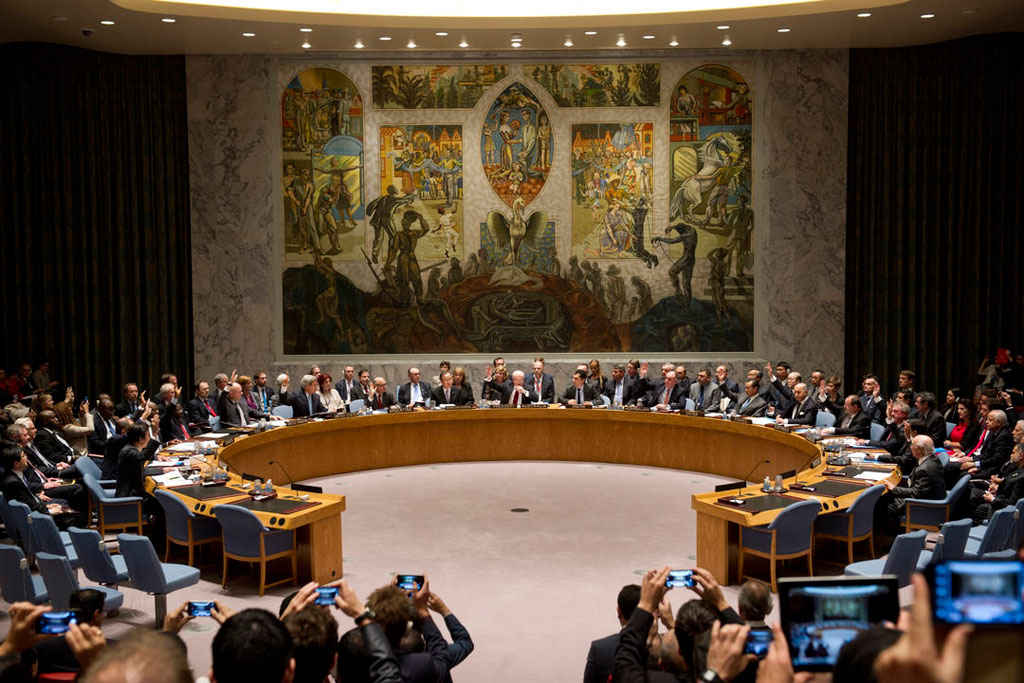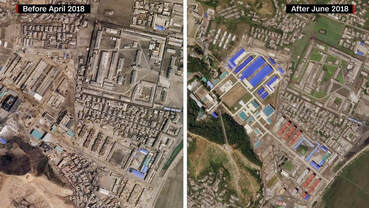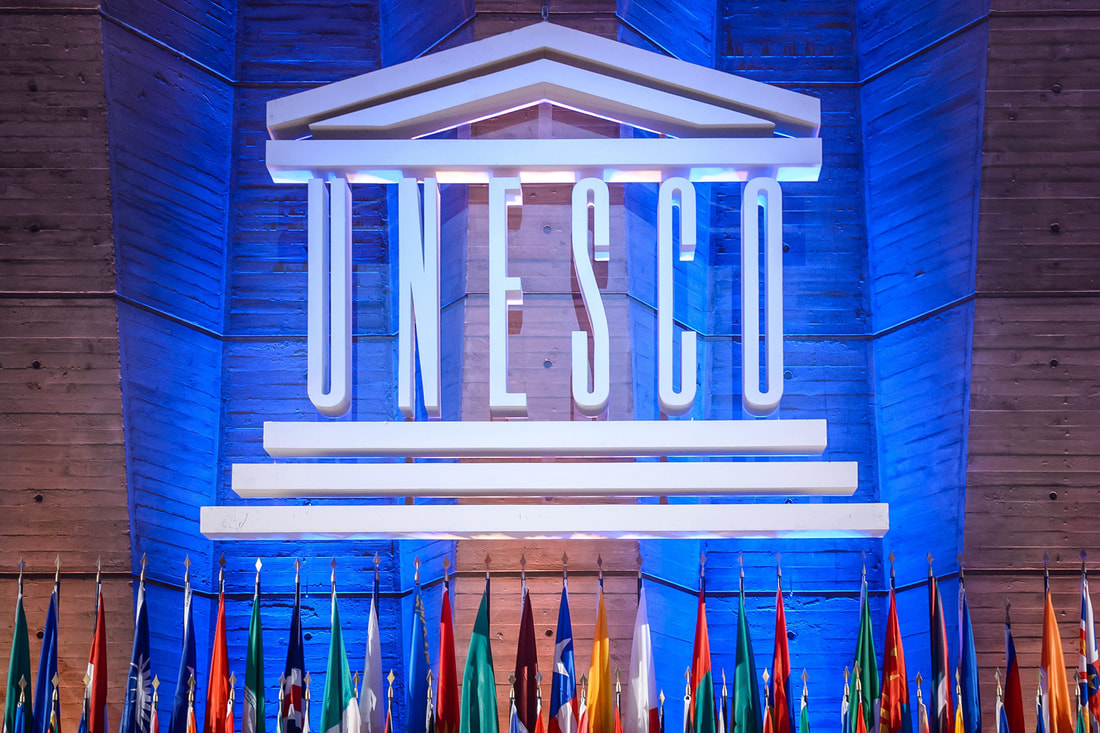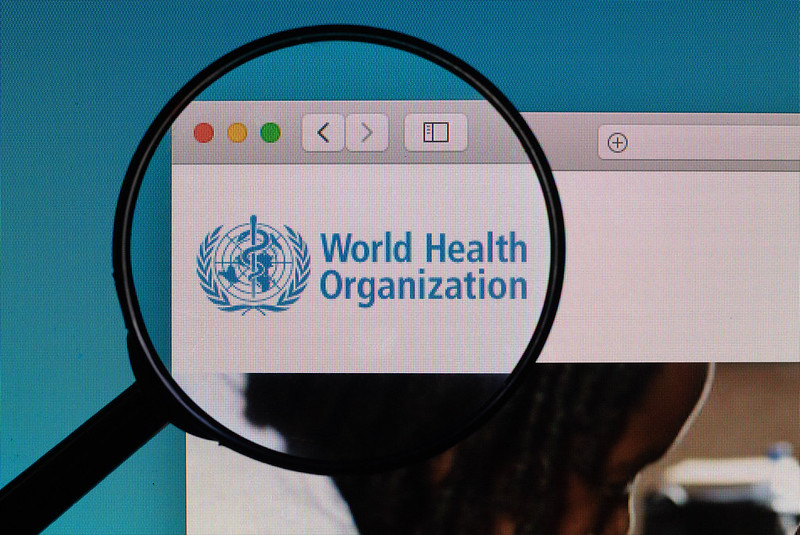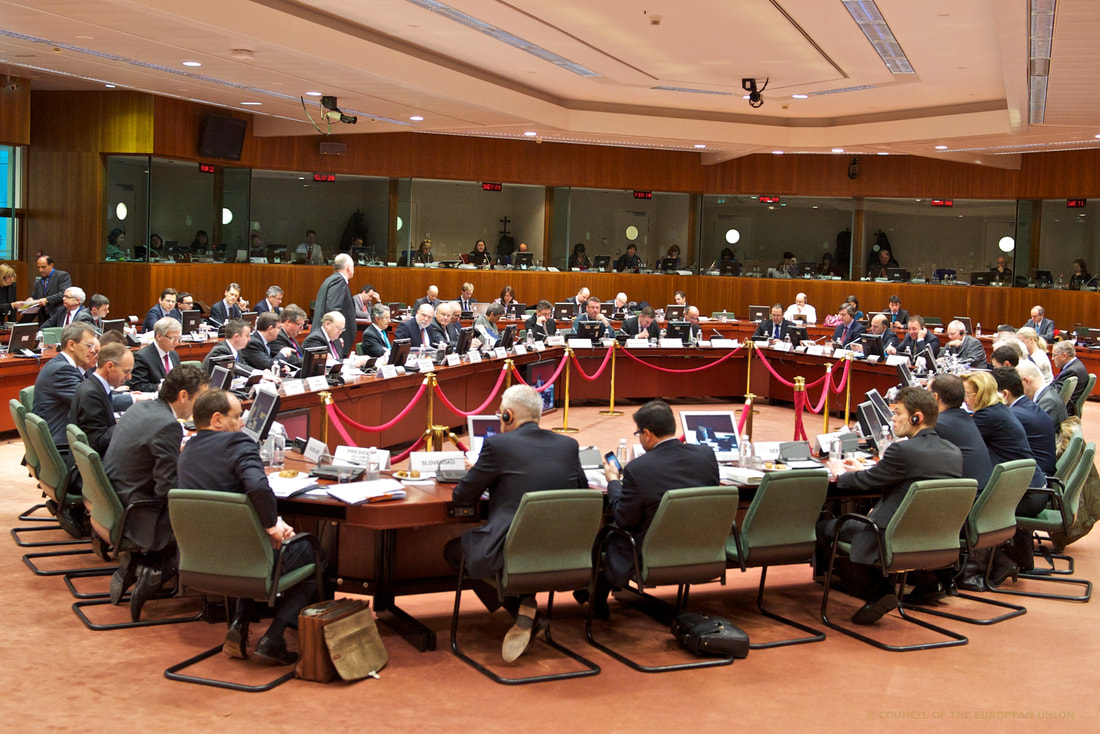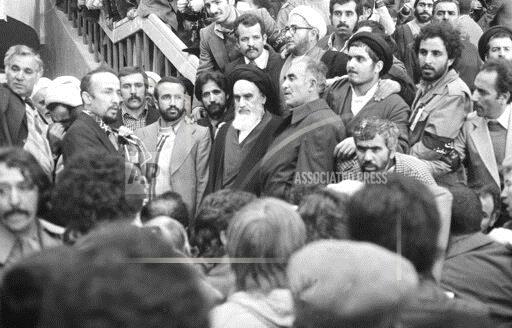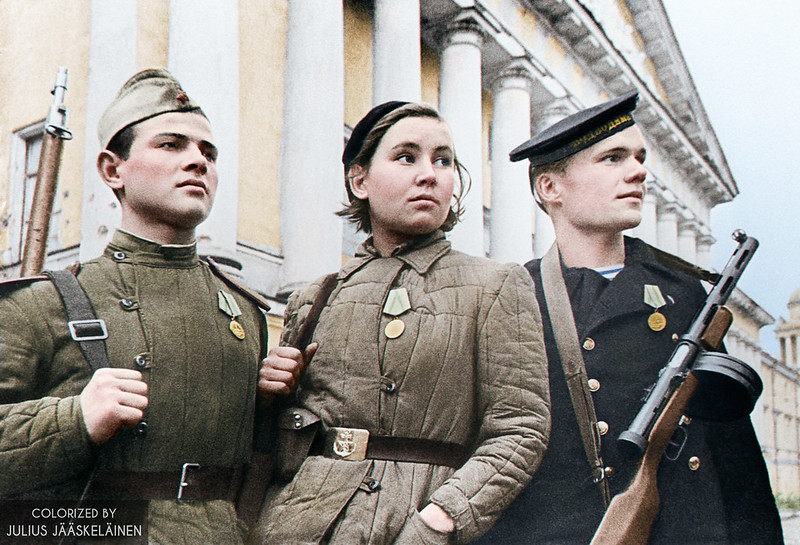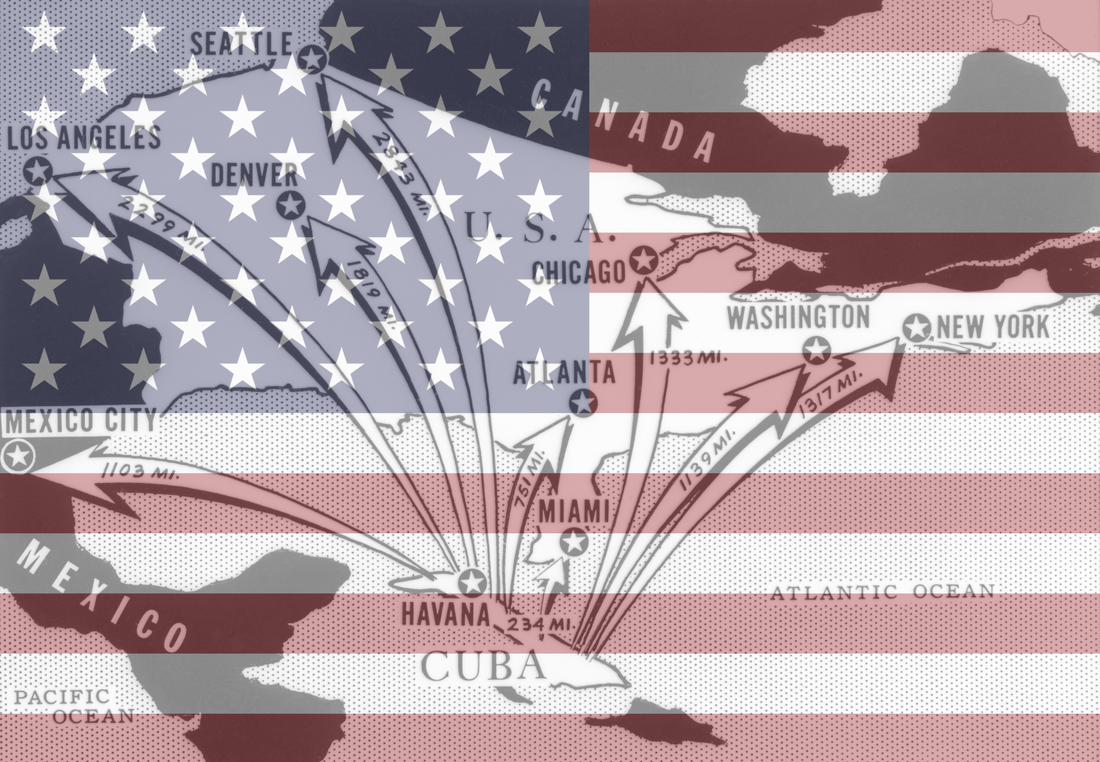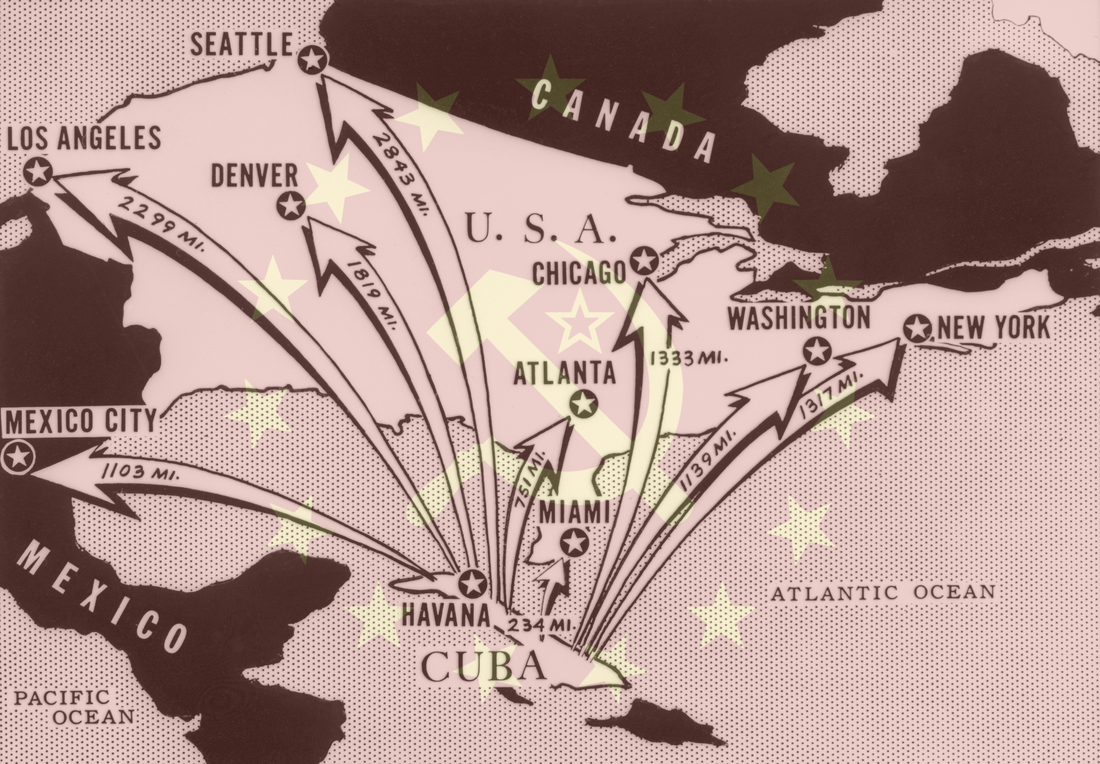Position Paper Deadline: February 26th, 9:59 AM EST (Email to Your Committee Chairs)
Citations are Required for all Position Papers
(All Position Papers Will Be Checked for Plagiarism)
Position Paper Submission Guideline for GA:
Heading: Name of the Delegate, Country, Committee, Agenda
Body: Country's Position, Country's Relation to Issue, Past Actions, Possible Solution
(Sample Position Paper, This Position Paper Has No Citation But Citation Is Required)
Position Paper Submission Guideline for Crisis Committees:
Heading: Name of the Delegate, Character, Committee, Agenda
Body: Character's Position, Character's Past Actions (if any), Possible Solution
(Sample Position Paper)
Citations are Required for all Position Papers
(All Position Papers Will Be Checked for Plagiarism)
Position Paper Submission Guideline for GA:
Heading: Name of the Delegate, Country, Committee, Agenda
Body: Country's Position, Country's Relation to Issue, Past Actions, Possible Solution
(Sample Position Paper, This Position Paper Has No Citation But Citation Is Required)
Position Paper Submission Guideline for Crisis Committees:
Heading: Name of the Delegate, Character, Committee, Agenda
Body: Character's Position, Character's Past Actions (if any), Possible Solution
(Sample Position Paper)
2020 GECMUN VI COMMITTEE OVERVIEW
United Nations Security Council (UNSC, NLCS)
United Nations Human Rights Council (UNHRC, TAS)
United Nations Educational, Scientific and Cultural Organization (UNESCO, BHA)
World Health Organization (WHO, KISJ)
Economic and Financial Affairs Council (ECOFIN, YISS)
Iranian Hostage (Crisis, SIS & BFS)
Sovnarkorm Soviet Union (Crisis, NLCS)
Security Krise Rapid Response Team (Crisis, TAS)
Joint Crisis Committee: EXCOMM (Crisis, KISJ)
Joint Crisis Committee: USSR (Crisis, KISJ)
United Nations Security CouncilEunice Lee* | Stella Yeom* | Eunju Seo*
|
United Nations Human Rights Council (UNHRC)Megan Bickley* | Ethan Cheng* | Benjamin Chen*
|
United Nations Educational, Scientific and Cultural Organization (UNESCO)Seoyeon Kang* | Yoojeong Lee* | Jisu Hong*
|
World Health OrganizationJustin Lee* | Eleanor Auo* | Justin Jun*
|
Economic and Financial Affairs Council (ECOFIN)Erica Cho* | Sohom Das* | Hayoung Choung*
|
Iranian Hostage (Crisis)Mac Guintu* | Michelle Moon* | No Eileen*
|
Sovnarkom Soviet Union (Crisis)Fred Lee* | Flora Park* | Jeslyn Park*
|
Security Krise Rapid Response Team (Crisis)Dokyong Ryoo* | Oscar Chen* | Lawrence Huang*
|
Joint Crisis Committee: EXCOMMBenny Hwang* | Spany Noh* | Flora Oh*
|
Joint Crisis Committee: USSRJunho Son* | Chris Baik* | Bennie Ko*
|

